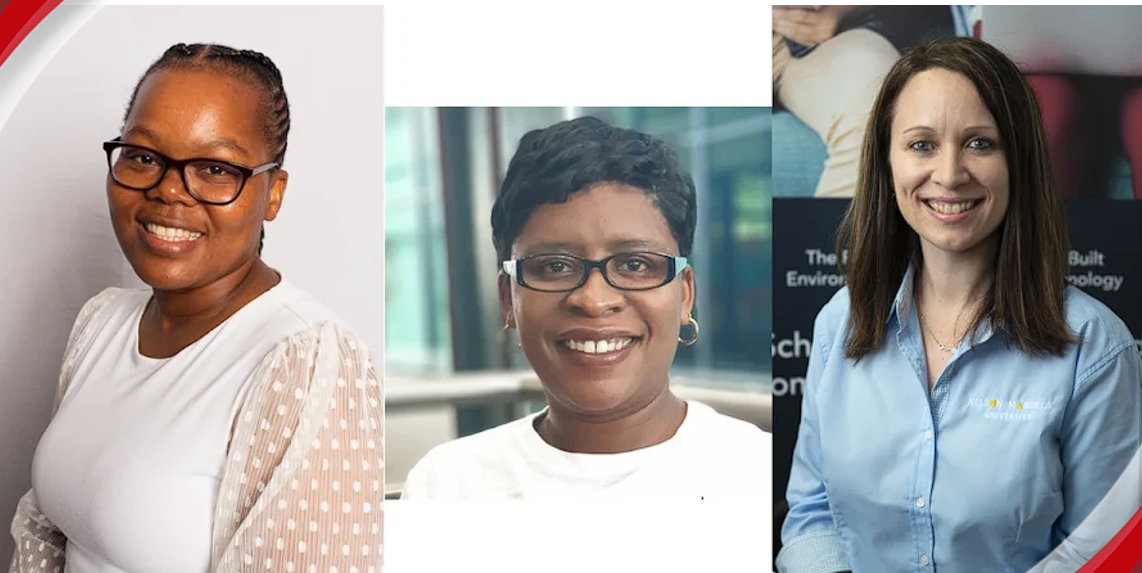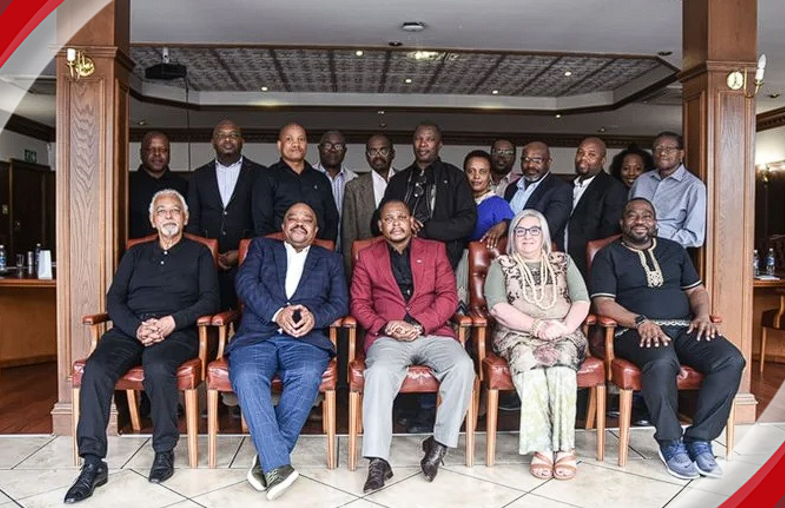Articles
Gender gap still pronounced on IT execs, STEM graduates
-
2 days ago
The new 2024 IITPSA ICT Skills Survey – the South African IT industry’s guide to skills supply and demand – reveals that a worrying gender gap still exists in key areas of the IT sector.This is according to members of the Institute of Information Technology Professionals South Africa (IITPSA) Women in IT (WIIT) chapter, who say the latest IITPSA ICT Skills Survey underscores the need to bring more women into the ICT industry.WIIT Chair Thenzie Stewart notes: “Despite advances in technology, the gender gap in South Africa’s ICT workforce remains significant. Women constitute just 13% of STEM graduates in the country, a stark contrast to the global average of 35%. The survey also highlights that only 39.5% of employees in the ICT sector are female. According to the South African Institute of International Affairs (SAIIA), women make up 5% of CEOs in ICT companies in SA compared to 22.5% in the US. These gaps not only limit women’s contributions to the sector but also perpetuate a cycle where fewer role models and mentors are available to inspire future generations of women in ICT.”Stewart says: “One of the most effective ways to bridge this gender gap is through early interventions in the education system. The report highlights that gender stereotypes often emerge as early as primary school, with girls frequently discouraged – both explicitly and implicitly – from pursuing maths and science. Increasing representation in STEM fields needs to begin with combating these biases and providing equal support and encouragement for girls to engage in subjects like maths, science and technology from a young age. Supporting women’s development and nurturing talent from the education stage onwards can help us make significant strides.”WIIT committee member and IITPSA SIGCyber chair Prof Kerry-Lynn Thomson adds: “Overcoming the technology gender gap is deeply connected to early childhood stereotypes. Empowering young girls in STEM alongside mentorship programmes is critical to closing the technology gender gap in South Africa.”However, they note that South Africa’s ICT education pipeline faces a number of challenges.Prof Thomson says: “Primary schools have started introducing subjects like coding and robotics, which is great, but access to quality resources remains inconsistent especially for schools in rural areas. The ICT Skills Survey report indicates that 34% of public schools have access to internet connectivity for administrative purposes, but only 21% have access to the internet for teaching and learning purposes, which limits the development of digital literacy among young learners, and particularly in under-resourced communities.She says: “Collaboration between industry, government and educational institutions is going to be essential to drive change. Initiatives such as public-private partnerships, industry-sponsored mentorships and tech bootcamps can provide a supportive environment for women entering the ICT field.”Senele Goba, immediate past President of the IITPSA and a key member of the WIIT community, advocates for consistent mentorship as a powerful tool to address gender disparity.Goba says: "We can never overdo mentorship. As WIIT, mentorship is something we have to consistently do through all possible avenues, formal and informal. WIIT is committed to fostering mentorship programmes that empower young women and encourage their entry and progression in STEM careers.“Programmes that focus on 'new-collar' jobs – roles that emphasise skills over traditional qualifications – are particularly promising. Roles like these can attract a more diverse workforce by valuing hands-on skills and certifications over formal degrees. These programmes can enable more women to enter and advance within the sector,” she says.WIIT members say many women face career progression barriers when they enter the ICT workforce. The report underlines the importance of creating supportive work environments that fosters retention through mentorship, fair pay and development opportunities. This should spark employers to implement initiatives that encourage women to aspire to leadership roles, all while addressing unconscious biases that can limit their career paths.Stewart emphasises the role of organisations like WIIT in closing the gender gap: “The three main objectives of the WIIT mission is to grow by changing perceptions and building a future where women are seen as valuable drivers of technology. Through developing skills, we can open doors and inspire women and girls to see IT as a career to thrive in and by mentoring, we build networks of support for women. WIIT’s commitment extends from learning environments to boardrooms, empowering every woman in ICT to lead and succeed.“To achieve a digitally inclusive economy, South Africa must empower women to thrive in IT by dismantling educational and workplace barriers. The IITPSA and the WIIT chapter remain committed to supporting women at every stage of their ICT journey, from early education to executive leadership. We believe by leveraging collaboration and advocacy to foster a diverse and dynamic digital future for all, we can close the gender gap in ICT,” she says.The 2024 Institute of Information Technology Professionals South Africa (IITPSA) ICT Skills Survey was prepared by Africa Analysis and sponsored by Software One Experts SA. The survey polled employers and ICT practitioners across South Africa.Be part of WIIT at www.womeninit.org.za. Become a member at www.iitpsa.org.za.
Related Articles Posts
Categories
Popular Post
-
 SA’s IT spend to outpace GDP growth 1 year ago
SA’s IT spend to outpace GDP growth 1 year ago -
 Vodacom, Netstar launch free in-taxi Wi-... 1 year ago
Vodacom, Netstar launch free in-taxi Wi-... 1 year ago -
 South Africa under pressure to fill cybe... 1 year ago
South Africa under pressure to fill cybe... 1 year ago -
 Organisations with a strong employee val... 1 year ago
Organisations with a strong employee val... 1 year ago -
 Joint policy-in-action event highlights... 1 year ago
Joint policy-in-action event highlights... 1 year ago -
 Boost your digital transformation journe... 1 year ago
Boost your digital transformation journe... 1 year ago








